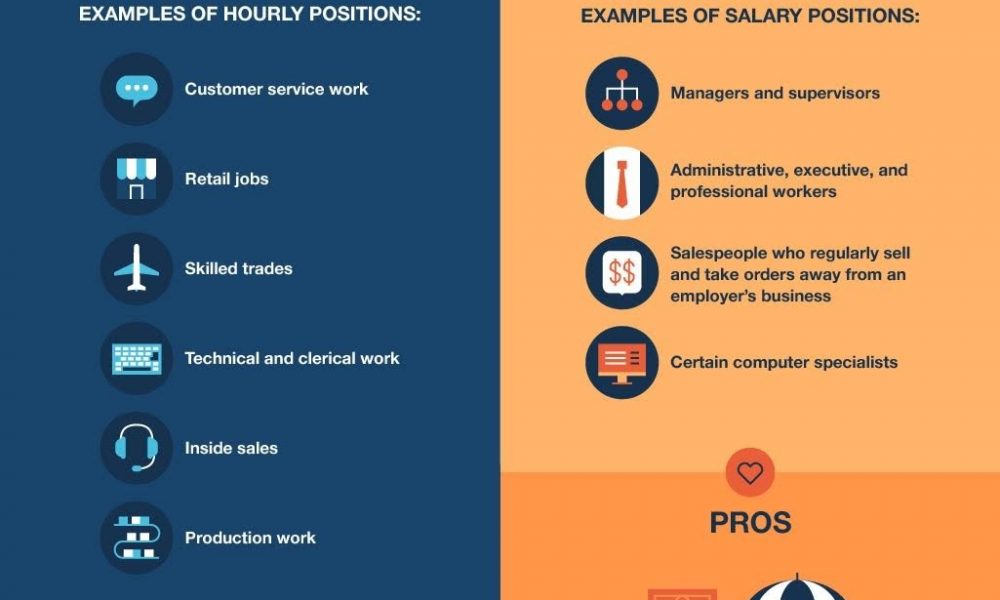What Are the Advantages and Disadvantages of EPO Insurance?
- It does not require you to use a primary care physician.
- You don’t need to get referrals to see specialists.
- EPOs also generally have lower premiums than HMOs due to their higher deductibles.
Similarly, Is an EPO better than a PPO?
A PPO plan gives you more flexibility than an EPO by allowing you to attend out-of-network providers. On the other hand, an EPO will typically have lower monthly premiums than a PPO. But, if you’re considering an EPO, you should check approved in-network providers in your area before you decide.
What is the downside of an EPO? What are the Cons of EPOs? You may not be able to continue with your current doctor or specialists. You must use in-network providers unless it’s an emergency. For EPOs with local networks only, non-emergency medical needs will not be covered when you travel.
Thereof, Does EPO have deductible?
Deductible. The deductible is a specified annual dollar amount you must pay for covered medical services before the plan begins to pay benefits. EPO deductibles are flat amounts, as shown on the Key Provisions chart.
Is EPO better than HMO?
EPO health insurance often has lower premiums than HMOs. However, HMOs have a bigger network of healthcare providers which more than makes up for it. You may also want to consider your location when choosing a health insurance plan. EPOs are better suited for rural areas than HMOs.
Is it better to have an EPO or HMO?
EPO health insurance often has lower premiums than HMOs. However, HMOs have a bigger network of healthcare providers which more than makes up for it. You may also want to consider your location when choosing a health insurance plan. EPOs are better suited for rural areas than HMOs.
Why is EPO more expensive than PPO?
EPOs are usually cheaper than PPOs due to the restrictions on which healthcare providers you can visit.
Are EPO and PPO the same?
EPO or Exclusive Provider Organization
Usually, the EPO network is the same as the PPO in terms of doctors and hospitals but you should still double-check your doctors/hospitals with the new Covered California plans since all bets are off when it comes to networks in the new world of health insurance.
Does EPO need referral?
Most EPOs will not require you to get a referral from a primary care healthcare provider before seeing a specialist. This makes it easier to see a specialist since you’re making the decision yourself, but you need to be very careful that you’re seeing only specialists that are in-network with your EPO.
Is an EPO a good choice?
If you want the freedom to schedule appointments directly with specialists, and do not mind having to switch health care providers to one in your EPO network, then EPOs may be a good choice for you.
What are the benefits of an EPO?
EPO Insurance Benefits
- Lower Rates. EPO insurance rates are generally lower than other types of health plans. …
- Direct Access to In-Network Specialists. If you have employees with chronic health conditions, EPO insurance can be highly beneficial. …
- PCPs Are Not Required. …
- Emergency Coverage.
How does an EPO plan work?
An exclusive provider organization (EPO) plan is a type of health insurance plan that requires members to use a set network of doctors, hospitals, and other healthcare providers except in an emergency. EPO plans typically only cover services offered by in-network providers.
Do EPO plans require authorization?
You Will Be Required to Get Pre-Authorization for Expensive Services. Your EPO will likely require you to get permission for some services, especially those which are most costly. If a particular service requires pre-authorization (prior authorization) and you don’t get it, your EPO can refuse to pay.
What does EPO mean insurance?
Exclusive Provider Organization (EPO) Plan. A managed care plan where services are covered only if you go to doctors, specialists, or hospitals in the plan’s network (except in an emergency).
How does an EPO work?
How an EPO plan works. An EPO is a type of managed care plan, which means that your health insurance plan will cover some of your medical expenses as long as you visit a health care provider — doctor, hospital, or other place offering health care services — within a particular network.
What does it mean 0 coinsurance after deductible?
What does 0% coinsurance mean? Someone with 0% coinsurance doesn’t have to pay any out-of-pocket costs once you reach the deductible. A plan with 0% coinsurance likely has high premiums, deductible or copays to make up for not paying any coinsurance.
Why would a person choose a PPO over an HMO?
Advantages of PPO plans
A PPO plan can be a better choice compared with an HMO if you need flexibility in which health care providers you see. More flexibility to use providers both in-network and out-of-network. You can usually visit specialists without a referral, including out-of-network specialists.
What is a EPO plan?
A managed care plan where services are covered only if you go to doctors, specialists, or hospitals in the plan’s network (except in an emergency).
How do EPO insurance plans work?
How an EPO plan works. An EPO is a type of managed care plan, which means that your health insurance plan will cover some of your medical expenses as long as you visit a health care provider — doctor, hospital, or other place offering health care services — within a particular network.
Is an EPO a managed care plan?
A managed care plan where services are covered only if you go to doctors, specialists, or hospitals in the plan’s network (except in an emergency).
Join TheMoney.co community and don’t forget to share this post !




